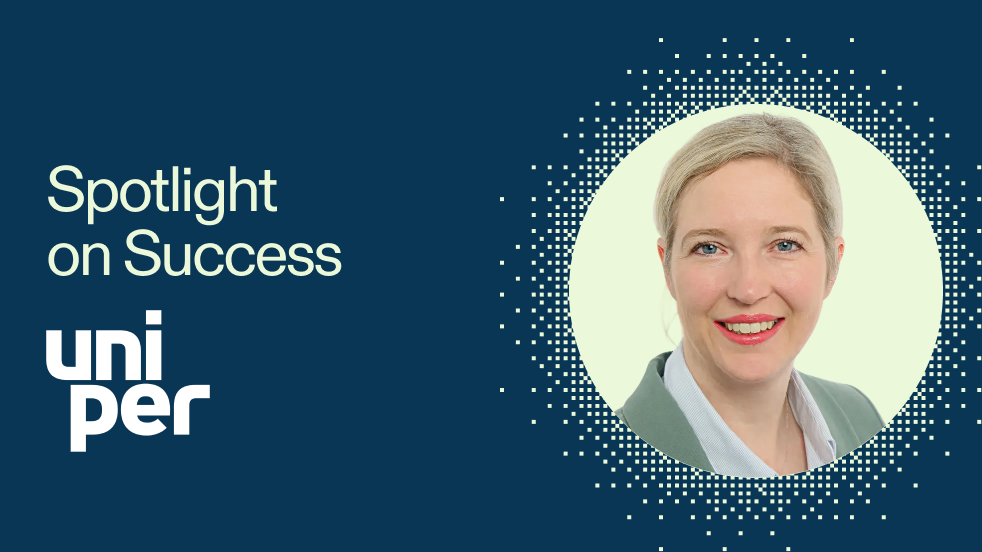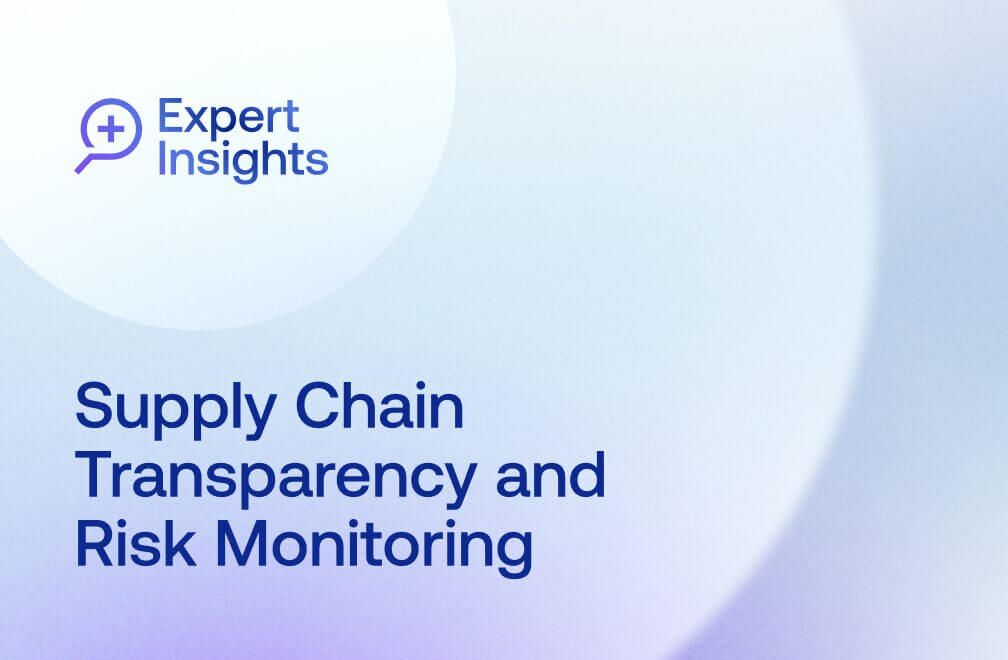
September 17, 2021 • 4 min read
Agents of Change: Dominique Vincenti of Uber
Join Richard Chambers for a new episode of his Agents of Change video series, featuring conversations with internal audit leaders from some of the world’s most prominent organizations about innovation in the profession.
In this episode, Richard sits down with Dominique Vincenti, Vice President and Chief Audit Executive at Uber, to discuss how Uber’s internal audit team unleashes their creativity to add value to a fast-moving tech company, including:
- How Uber’s team embraces a kaizen culture of continuous improvement to find everyday ways to make “a change for better.”
- Why honing your storytelling can make or break internal audit’s ability to be a partner in change.
- Why data analytics and new technology should be seen as a natural outlet for internal audit’s core analytical skills.
Watch the full conversation, and read the can’t-miss highlights below.
Internal Auditors Are Change Agents by Definition
Richard Chambers: Dominique, in my book, Agents of Change, I take the position that internal auditors should be seen as agents of change who are catalysts for transformation that creates value within the organizations they serve. What’s your view on internal auditors as agents of change, and is that how you would define an agent of change in internal audit?
“Dominique Vincenti: Being an agent of change is baked into the definition of internal auditing. If you go back to the 1999 definition, which is still the definition that guides us all, it says that we are an activity designed to add value and improve an organization’s operations. It’s right there.”
Storytelling to Get Buy-In for Change
Richard Chambers: From your experience, how receptive are members of management to internal auditors taking on these change agent roles? Do they prefer to see internal auditors stay in their bean-counting box or are they comfortable that we get out and we facilitate change in the organization?
“Dominique Vincenti: Maybe I’ve been lucky or maybe this is what I was looking for, but at all the organizations I’ve worked for there was a match between my vision of internal audit and what internal audit should and could do. Those charged with governance — whether executive management or boards of those organizations that I had the privilege to join — expect it. So I cannot really say that I experienced resistance from management that internal audit would be a partner in change at all the organizations I’ve worked for — that’s even true of The IIA. I remember very, very distinctly when I joined you and Al and Bill, The IIA was again at a turning point and change was on the horizon. **It doesn’t mean that change is easy, but I think that the leaders I’ve worked with were always open to change.”
3 Key Questions & Embracing Continuous Improvement
Richard Chambers: Before internal auditors can be seen as effective change agents in their organizations, they have to be change agents in internal audit itself. Do you agree with that as a person who’s been a CAE now for so many years, and what are some of the things you’ve done to be a change agent in internal audit?
“Dominique Vincenti: I will share two things that I try to do to be that change agent within internal audit. On a macro level, and usually with the internal audit management team, there are three questions that I like to revisit continuously.”
Data Analytics Is a Natural Outlet for Core IA Analytical Skills
Richard Chambers: I’ve been talking about the concept of capacity multipliers for a number of years — things that internal audit can do to enhance its capacity to address more risk. The one capacity multiplier that I think towers above all others is technology as part of internal audit’s mode of operations in carrying out its responsibilities. How have you deployed or leveraged technology as a chief audit executive in the organizations that you’ve served?
“Dominique Vincenti: Definitely data and automation is paramount to the multiplying factor that you’re talking about. Interesting enough, not easy to bring at the forefront of internal audit teams. I found it harder to convince our internal audit teams nowadays of the importance for everyone in internal audit to be data and technology savvy, experienced, and competent. Way harder than it was probably when you and I started in internal audit. When you and I had to embrace new technology, it sounds funny, but we started at a time where things were done with paper and pencil.”
Richard Chambers: Oh, I started even before you, I think we were chiseling things in stone tablets when I started. But you’re right, when I started the most sophisticated technology we had in the office was a calculator.
“Dominique Vincenti: When I started with technology, there was a separate team that was called CAATs, computer assisted auditing. I would say in less than two years in the nineties, you had to pivot from paper and pencil to having your own laptop and become a pro at Word, Excel, or their equivalent of that time, starting to write macros. Suddenly, we had no choice because we knew that if we were not embracing it, we would be irrelevant. CAATs teams disbanded because now CAATs was all of us.”
Educating Leaders in the Organization to Be Our Champions
Richard Chambers: Bring out your crystal ball, Dominique, and tell me, what do you think the next ten years in internal audit could look like?
“Dominique Vincenti: It could be bright, but it depends on us. Again, let’s not point fingers. If the next ten years turn out not to be as glorious as they should be for internal audit, I think we’ll have only one group of people to blame, and that will be ourselves. When I do my own risk assessment, what keeps me up at night? This famous question that we ask leaders, sometimes we need to ask it for ourselves. There was always one answer. And the answer is relevance. Am I relevant? Is our team relevant? Is what we do relevant? That’s what scares me the most about us as a profession. Are we doing everything that we need to do? Are we asking, “why do we exist?” in ways that will keep us relevant for the business community, the community at large, and the stakeholders in the community — regulators, authorities, the general public?”
Stay tuned for more Agents of Change episodes featuring conversations about innovation in internal audit with forward-thinking leaders from some of the world’s most prominent organizations.
You may also like to read


How Uniper achieves greater audit transparency and impact

How Snowflake Uses Continuous Monitoring to Proactively Identify Risk

Enterprise e-commerce company transforms audit planning with Grant Thornton and AuditBoard

How Uniper achieves greater audit transparency and impact

How Snowflake Uses Continuous Monitoring to Proactively Identify Risk
Discover why industry leaders choose AuditBoard
SCHEDULE A DEMO



